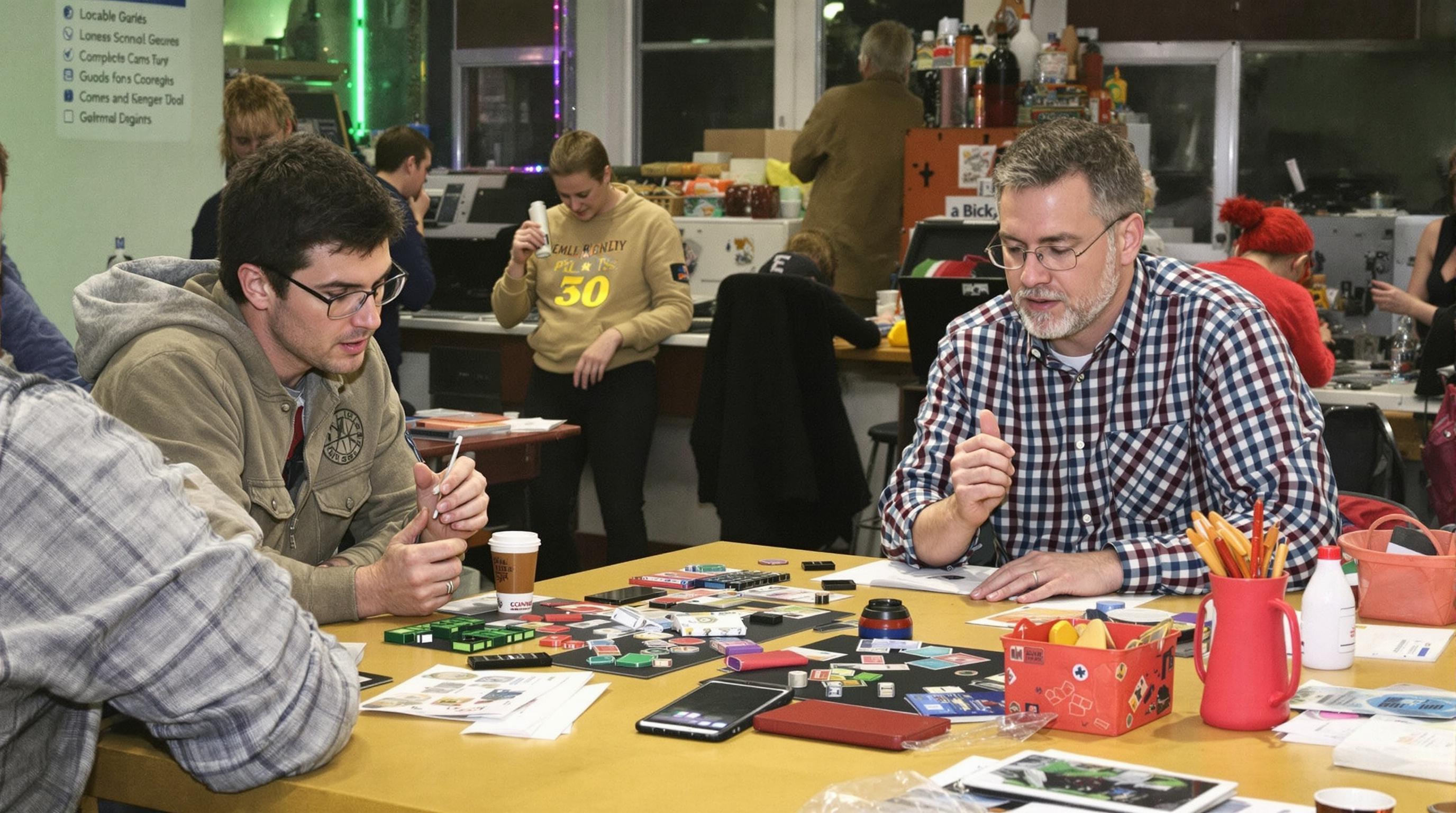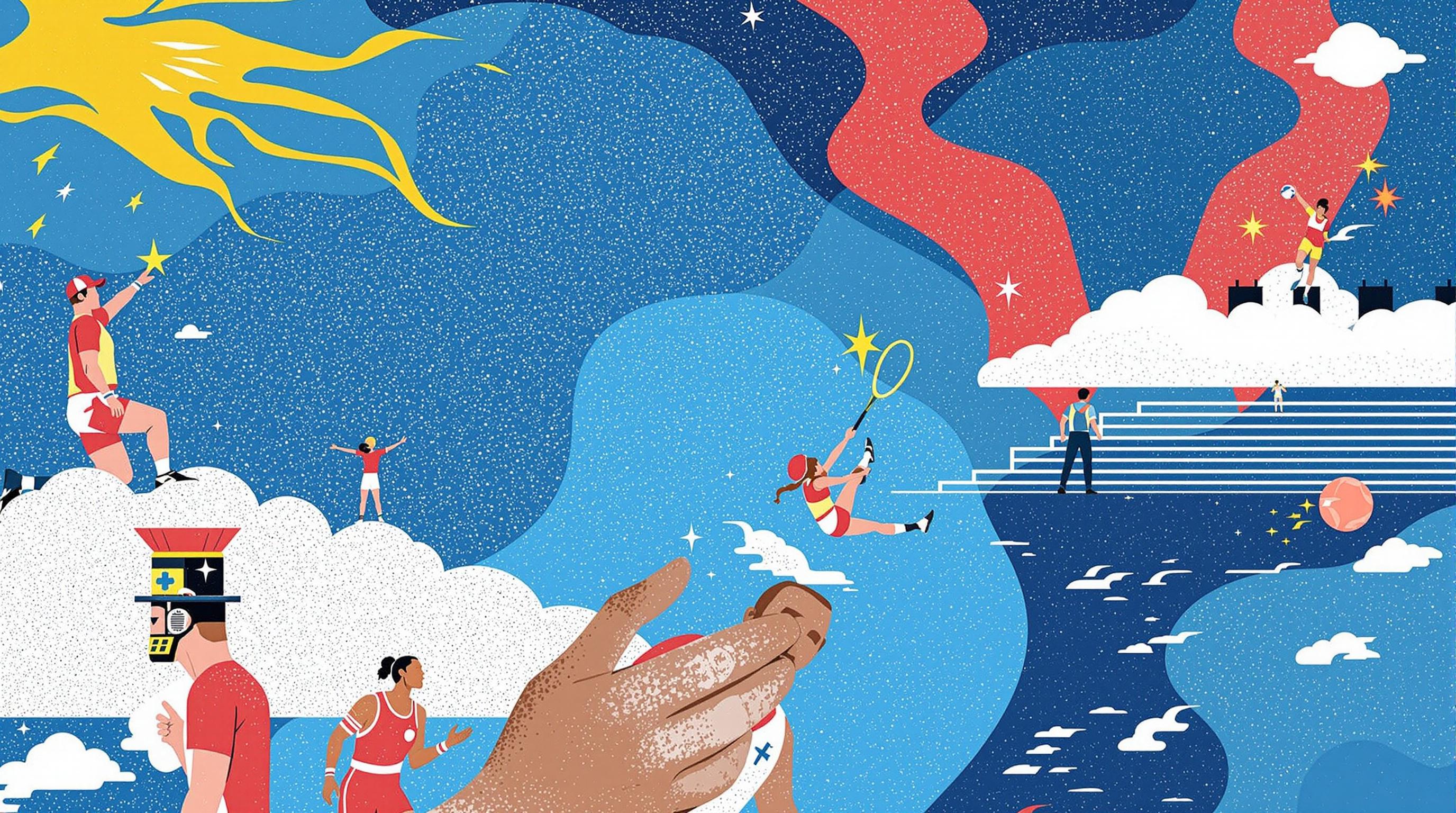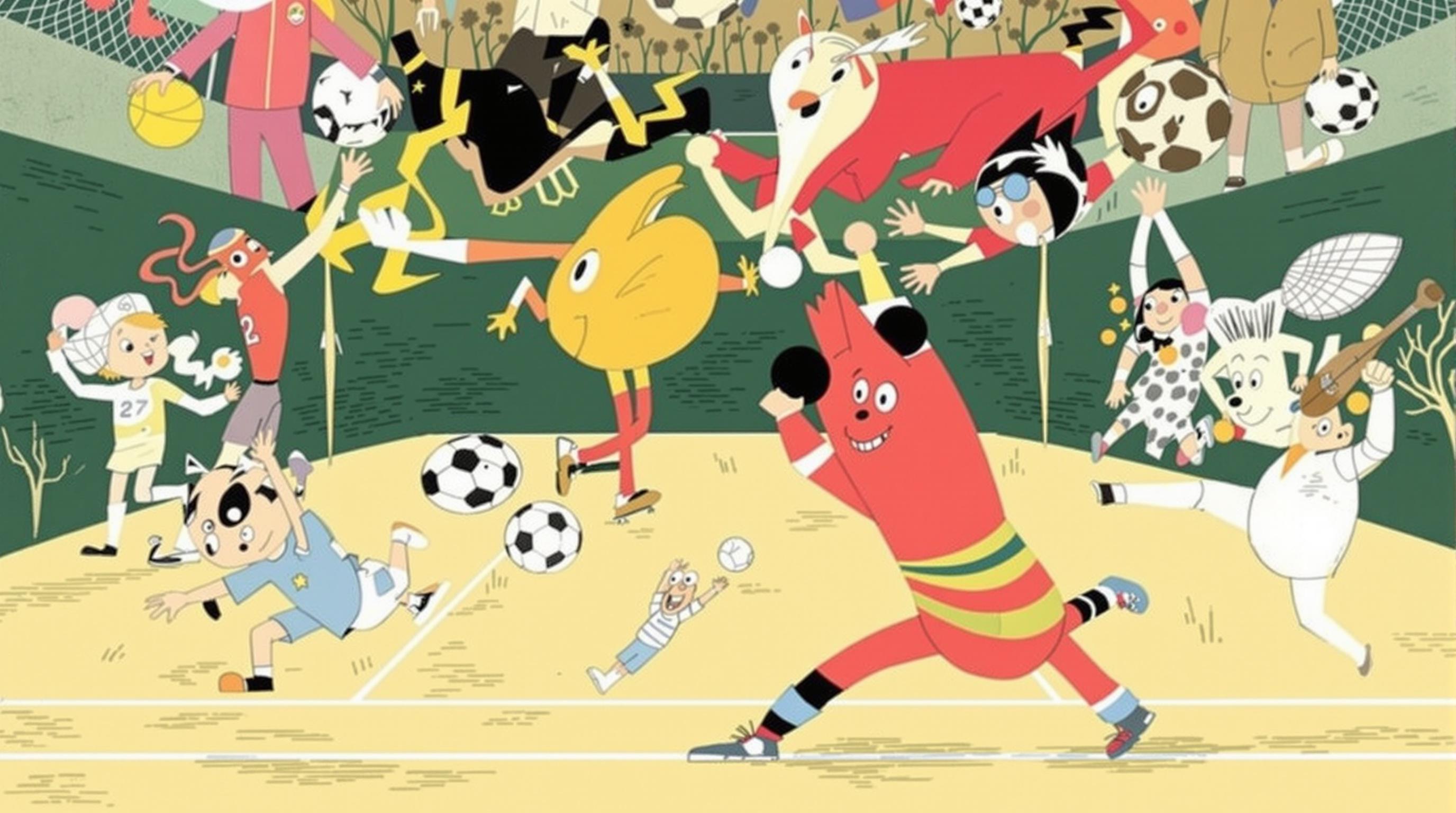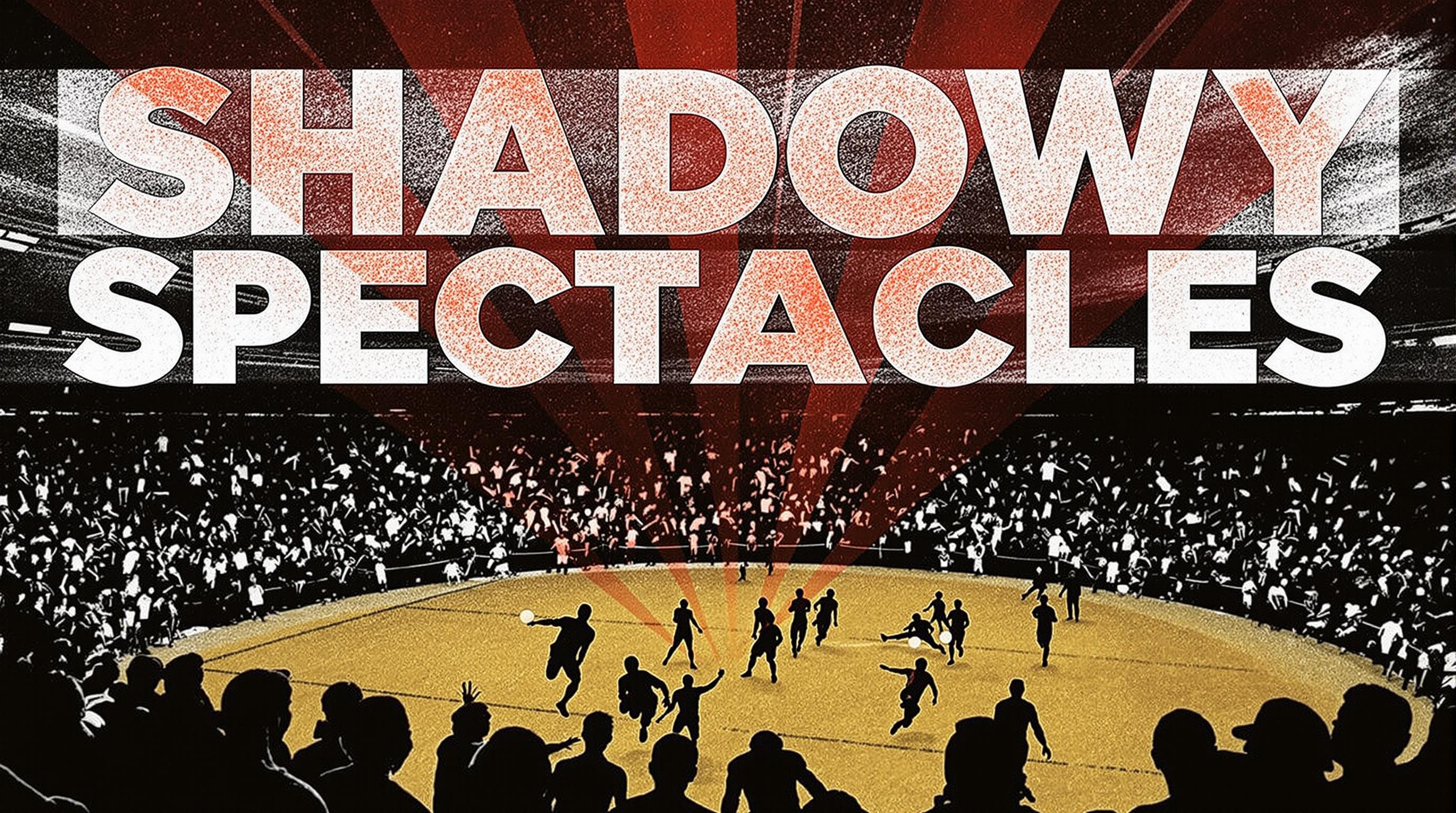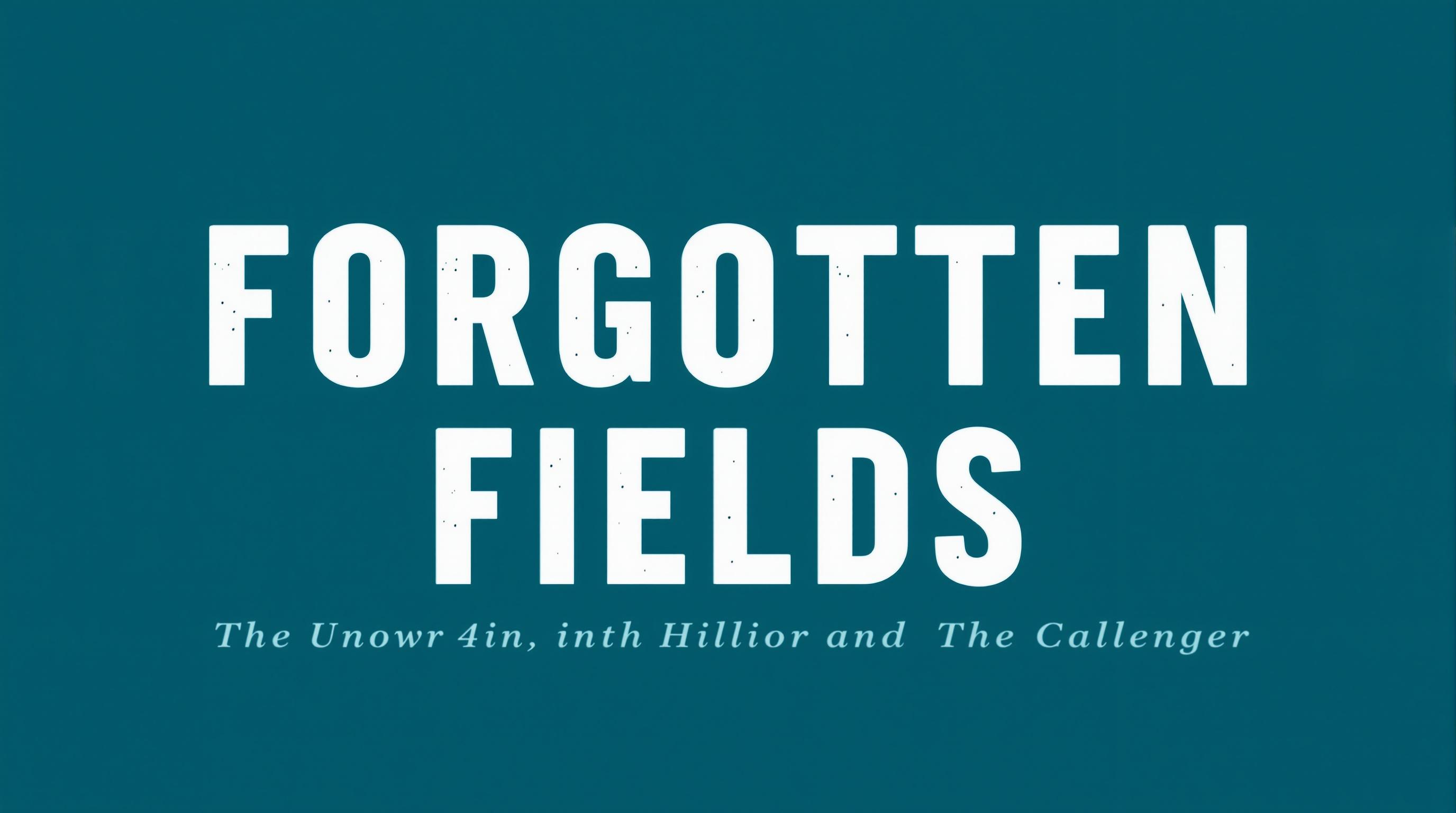Related Articles
- Sporting Rituals: The Curious Connections Between Athletic Events and Ancient Traditions of Worship and Community Bonding
- Game On: The Surprising Influence of Sports on Fashion Trends and Personal Identity in Youth Culture
- Rituals and Rites: How Competitive Sports Influence Cultural Practices in Spiritual and Indigenous Communities
- Sports as Social Glue: Examining the Bond Between Athletic Rivalries and Neighborhood Integration
- Spectacles of Strife: How Weather Patterns Disrupted Historic Sports Events and Changed Athletes' Fortunes
- Bizarre Beginnings: The Unwritten Rules of Quirky Sports and Their Role in Shaping Modern Athletics
Spectacles in Shadows: The Role of Obscure Events in Forging Community Identity Through Competitive Games
Spectacles in Shadows: The Role of Obscure Events in Forging Community Identity Through Competitive Games
Obscure competitive events play a surprisingly pivotal role in shaping community identities, often serving as unrecognized milestones of unity and camaraderie. With a blend of personal anecdotes, statistical analyses, and cultural commentary, this article evaluates how these spectacles in shadows create bonds within communities, fostering connections that transcend mere competition.
Shadows of Competition: What Are Obscure Events?
While the world shines bright on major competitive events like the Olympics or the Super Bowl, the real magic often happens in the shadows. Obscure events, such as local skateboarding contests, community board game marathons, or even pie-eating competitions, are thriving ecosystems of passion, rivalry, and community spirit. These events may not attract international attention, but they gather like-minded individuals, fostering a sense of belonging and community identity that larger events sometimes overlook.
Definitions and Statistics
According to a study by the Community Engagement Institute, 73% of participants in small competitive events reported feeling a stronger sense of community afterward compared to their perceptions before the event. These statistics speak volumes about the power that seemingly trivial competitions hold. Events might include everything from the quirky—such as the Great American Duck Race—to the culturally rich, like the World Sleep Day competition, which pits participants against one another in a battle of slumber excellence.
A Personal Story
Let me take you on a little journey back to my own youth—picture a scruffy 18-year-old (yes, that was me) on a sunny Saturday afternoon, panicking over a cornhole tournament in my local community park. I was filled with nerves, but when I threw my first beanbag, something magical happened. The crowd erupted with cheers, my neighbors applauded, and I felt, for the first time, that I was part of a larger narrative—one that revolved around simple joys, community rivalry, and unfortunate one-liners from my friends. In that moment, the ordinary beanbag toss transformed into a festival of collective identity.
The Power of the Underdog
Underdog stories are central to many competitive narratives, whether in sports, academia, or life. Case studies reveal that these moments often amplify community identity. For instance, during a little-known national fishing competition in a small Michigan town, the local high school team, filled with students who had never fished before, took home the trophy against seasoned veterans. This underdog victory became not just a trophy but a badge of honor that the entire town wore proudly, enhancing local pride and community cohesion.
Elements of Community Identity
When participants come together for obscure events, several key elements contribute to the forging of community identity: competition, shared interests, and local culture. These events often uphold distinctive characteristics unique to their locale—handmade trophies reflecting regional arts, categories that honor local legends, and celebratory traditions that accompany the contest. All these facets weave together, creating a rich tapestry that makes each community unique.
Local Culture and Festivity
Take, for example, the annual Pie Festival in Circleville, Ohio, where community members literally combine creativity and competition. Here, pies are not just desserts; they are expressions of local culture and family legacies. Contest winners earn not only the ribbons but also end up on local radio shows and newspapers, celebrating their community through culinary prowess and family storytelling. It’s a refreshing reminder that these obscure events breathe life into local customs.
Humor and Competition
Let’s not forget the best part: humor! One of the most entertaining obscure events I’ve ever witnessed was the 'World's Biggest Rubber Duck Race' in which participants release rubber ducks into a river, all marked with unique numbers. The outrageousness of cheering for a floating duck—the one that inexplicably drifts towards a tournament finish line—made it a hilarious spectacle. Not only were communities competing for the duck race title, but they were also bonding over laughter, funny duck-themed puns, and food stalls that served just about anything that could be served on a flotation device.
Balancing Tradition and Modernity
Many communities utilize obscure competitive events as a means of preserving tradition while incorporating modern technology. For instance, virtual tournaments in eSports are attracting participants from local neighborhoods, fostering digital communities while bridging generational gaps. Even hashtags like #QuarantineCookingChallenge can turn a mundane activity such as cooking into a competitive community event with shared experiences that forge identities, irrespective of distance. This evolution demonstrates that while the medium may change, the core communal objectives remain intact.
Blind Sports and Inclusivity
Competitiveness also adapts to fit the needs of its community, as seen in the rise of blind sports. Organizations like the Blind Sports Academy in Canada host competitions that invite visually impaired individuals to engage fully in athletic events. These events serve a dual purpose—not just promoting athletic excellence but also contributing remarkably to community identity through inclusion and shared experience. Competitors frequently articulate how they feel valued and seen, fostering pride in their identities beyond any physical limitations.
The Global Village Effect
Now, let’s not overlook the global implications of these local events! In the age of hyper-connectivity, obscure events often attract international participants. For instance, the unique 'Cheese Rolling Festival' in Gloucestershire, England has participants from multiple countries who travel to roll down a hill after a runaway cheese. The event becomes a cultural exchange where locals share experiences with visitors, enriching community identity and global understanding in a riotous atmosphere of light-hearted competition.
The Future of Obscure Competitive Events
As society grows increasingly digital, the future of community events will undoubtedly evolve. Consider how emerging technologies may redefine how communities connect through obscure competitions. Imagine augmented reality competitions where competitors engage in fantastical scenarios while building a sense of unity and collective experience. The opportunities are limitless, and the bond formed during these events could pave the way for new cultural traditions.
In Conclusion: The Lasting Impact
In wrapping up, let’s ponder the significance of these competitions. They serve as the lifeblood of community identity, creating memorable experiences while resonating deeply with attendees’ lives. As these obscure events evolve, they will continue to forge connections, allow for cultural celebrations, and, more importantly, mark those moments of triumph in our lives—no matter how trivial they may seem. There’s beauty in the shadows, why not step into the light and celebrate those unique spectacles that unite us all?
The world is full of noise, but it is within these quiet moments of competition that true community spirit thrives, echoing through every cheer, laughter, and even the occasional gasp of disbelief at a last-minute victory. These are the moments that paint our communities—a vibrant collage celebrating our triumphs and embracing our quirks.
